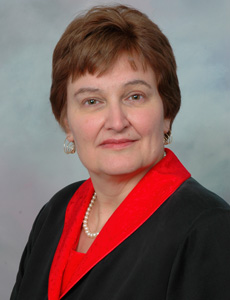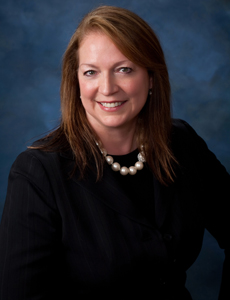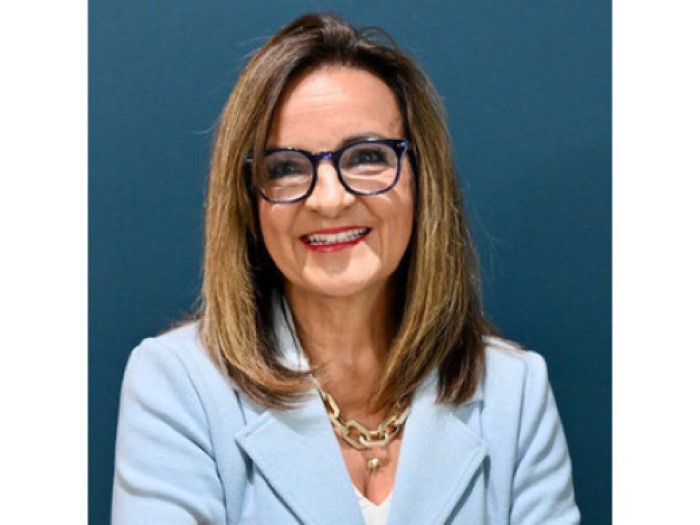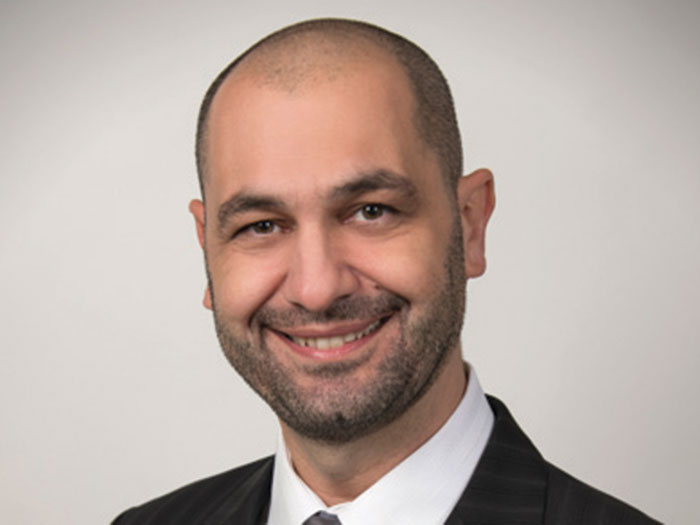High Net Worth
Nonprofit Boards Pose Personal Risk

Successful people who serve their communities with their knowledge and executive experience are worthy of praise. But while serving on the board of a nonprofit can be a great way to give back, it can also open the door to lawsuits and personal liability risks, especially for high net worth individuals.
Insurance and risk experts say that while many organizations have commercial and directors and officers policies, board members may not be fully covered for a myriad of personal liability risks.
They recommend those interested in serving on boards be cognizant of the risks, perform due diligence when evaluating an opportunity, and ensure they have sufficient insurance coverage.
Big Exposure for High Net Worth Board Members
When most high net worth individuals take on duties as board members, it’s usually out of passion, not to make a profit. Parker Beauchamp, CEO of INGUARD, an insurance and risk management firm in Wabash, Ind., said most individuals are “trying to do good,” but they can open themselves up to significant personal risks when serving on boards.

Parker Beauchamp, CEO, INGUARD
In many cases, these individuals jump into fields they don’t fully understand. While an oil company executive might have a high level of experience in petrochemical engineering and market economics, he or she might know little about the liability risks related to directing a children’s cancer foundation.
“Suddenly they’re dealing with an entirely new venture that they know little about. When you combine the profile and the wealth, and something negative happens, they’re a big target,” said Beauchamp.
Jim Fiske, senior vice president of marketing at Chubb Personal Risk Services in Whitehouse Station, N.J., said some of the biggest risks come from employment practices and liabilities related to operation of the organization. Fiske said anything from wrongful termination and accusations of harassment to fiduciary exposure liabilities and misallocated funds could personally come back to a board member.
A white paper by Gulfshore Insurance in Naples, Fla., said that directors of nonprofits can be held liable for invasion of privacy, discrimination, bankruptcies, and misuse of financing claims made by the IRS. Fiske said while personal injuries, property damage, and general liability are typically covered, “it can get ambiguous quickly if there are allegations against the board.”
Although all states perform the indemnification of directors to an extent, those laws do not always absolutely eliminate the risk of personal liability, said Donna Ferrara, senior vice president and managing director at Arthur J. Gallagher & Co. in Itasca, Ill. No matter how broad the indemnification agreement may be, there are limits, she said.
“Insurance can reduce the risk, but it’s not a cure-all. There are always going to be some limitations on how protected a director can be,” said Ferrara.
Insufficient Liability Coverage
A survey by ACE Private Risk Services, a global carrier that caters to affluent customers with at least $5 million in investable assets, found that 44 percent of those serving on boards did not have adequate personal liability coverage in place.

Donna Ferrara, senior vice president and managing director, Arthur J. Gallagher & Co.
Ferrara said most assume they’re covered by their personal umbrella policies, but these policies typically won’t respond to business liabilities. Commercial umbrella policies may cover liabilities if there’s an underlying D&O policy and the umbrella is specifically “excess” of the D&O, but that’s not always the case.
“D&O insurance is not uniform. Policies can be negotiated, tailoring coverage to meet the needs and finances of the insured. Their terms and conditions differ widely,” said Ferrara.
Paul King, SVP, national MPS director and cyber practice leader at USI Insurance Services in Valhalla, N.Y., said many small nonprofits “aren’t very sophisticated” when it comes to compliance and having the right coverage.
He said these organizations can often run into rules and regulation issues that lead to D&O claims. And while these policies should often be at the forefront of board discussions, King said they are “often shoved to the back of the line.”
Fiske said another problem is that D&O policies typically don’t cover defense costs for the individual. So even if there is a claim, the board member may still have to cover his or her legal fees related to defending themselves.
Beauchamp said while these personal liabilities aren’t always tremendous, they are a “real risk.” In one example, he said, a small nonprofit forgot to pay its payroll taxes and sparked a federal claim against the organization. The individual director of the organization was deemed personally liable to reimburse the U.S. government.
Beauchamp said it was a relatively small amount but a clear example of claims that can come back on board members.
King said claims related to cyber attacks and data breaches are another growing liability risk for directors.
Because many organizations don’t have large IT departments and usually use third-party companies, organizations need to do due diligence with their contractors, he said.
Many policies don’t cover such exposures and may require that the organization have a separate cyber liability insurance policy.
“They might feel emotionally attached to the group and they’re not thinking about things like malware attacks and the IT infrastructure,” said King.
Due Diligence Required
Lisa Lindsay, executive director of the Private Risk Management Association, said individuals need to work with their attorneys and brokers to ensure the organization has the level of sophistication required to cover their bases and reduce risk. Individuals should drill down with a full examination of the processes and procedures of the organization to ensure compliance with rules and regulations.

Lisa Lindsay, executive director, Private Risk Management Association
Lindsay recommended that high net worth individuals not sit on boards if there isn’t sufficient coverage in place. She also said many are often misled into believing that their personal umbrella policy offers coverage if they sit on a board in a non-leadership position. High net worth individuals need to be “very persistent” in asking questions, she said.
“We really want to see the individual do an awful lot of due diligence around understanding the organization, how the board operates, because even while [policies] are available, high net worth individuals still have significant risk exposure,” said Lindsay.
The Gulfshore Insurance white paper said that individuals should first engage in best practices to avoid future claims. This includes ensuring the organization has an adequate conflict of interest policy as well as policies that ensure restricted funds are used and invested as required by law. &








